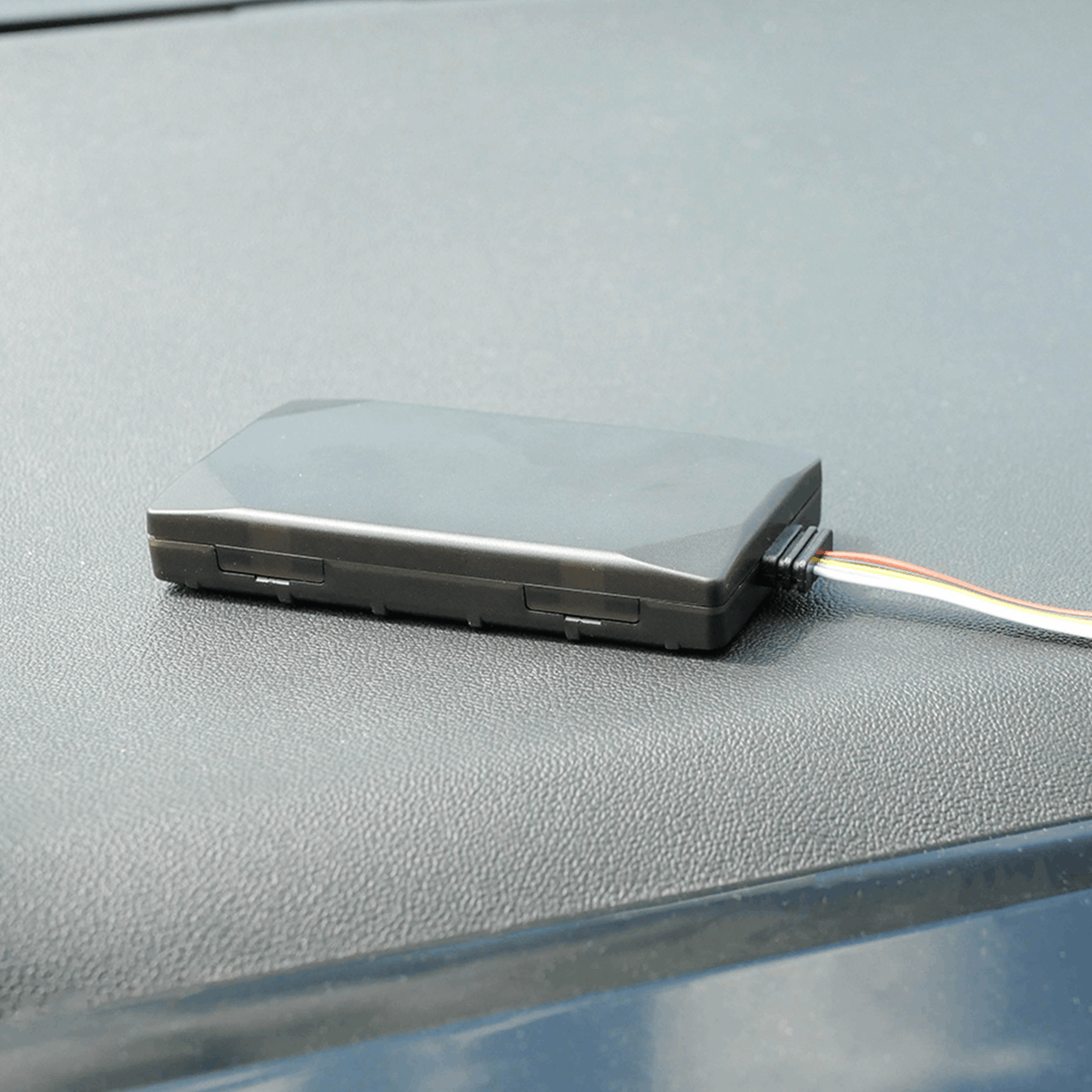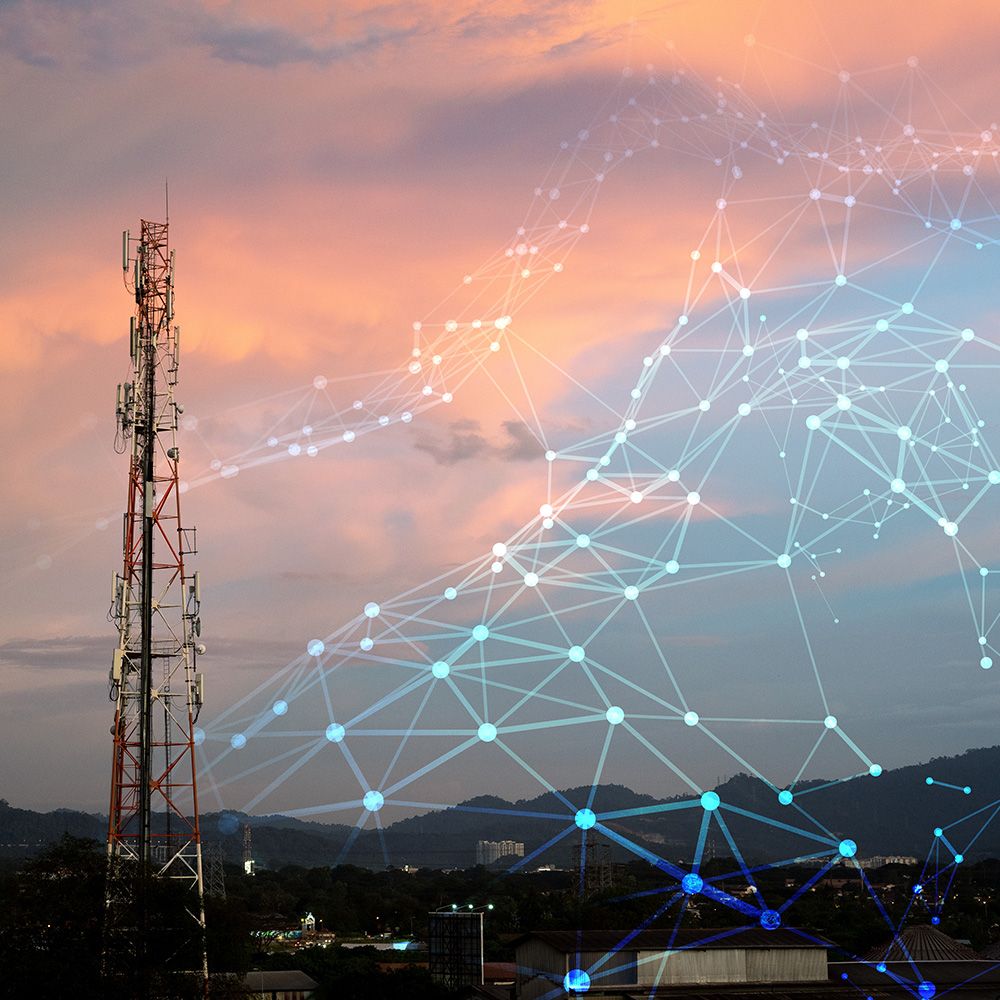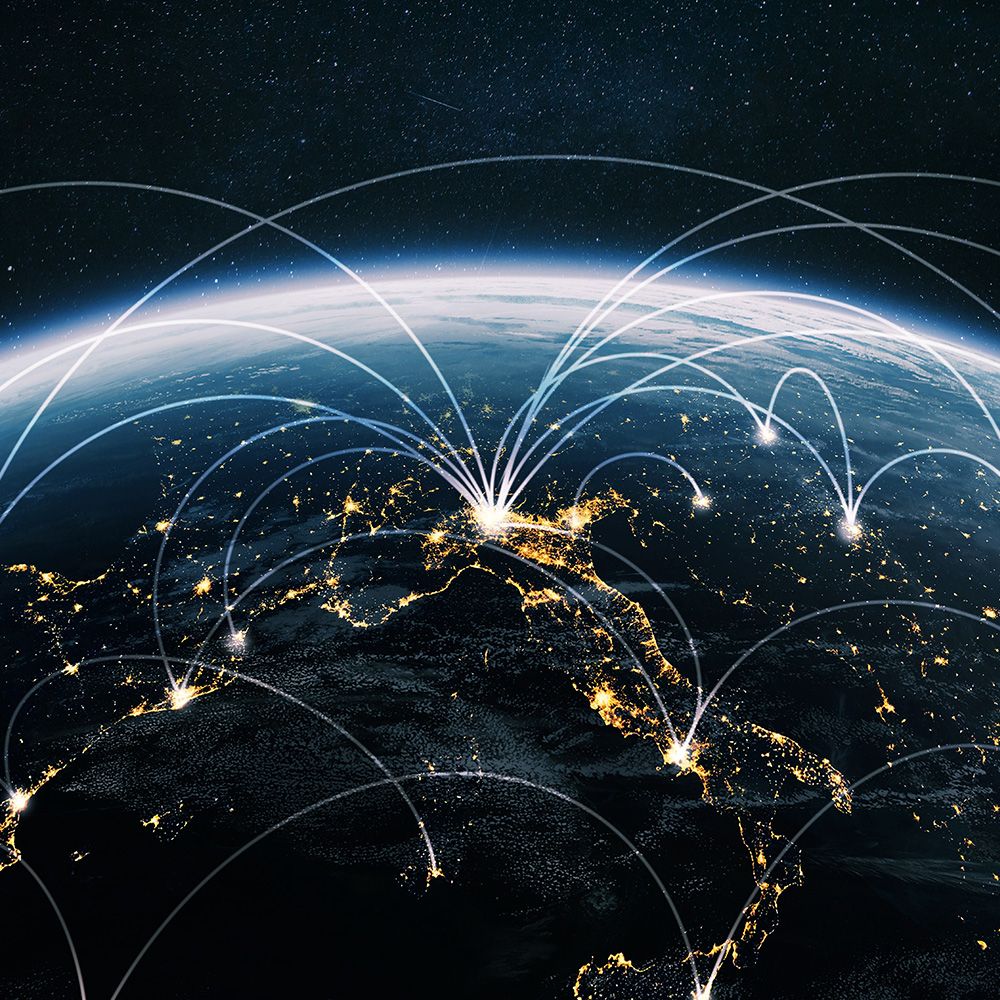Network Closures
Information
Our teams are ready to support each client in transitioning to tracking technologies compatible with 3G, 4G, or 5G networks to avoid any service interruptions. If your country is not listed in our notifications, please contact support by phone or chat.
- EE has confirmed it plans to close the network in the next decade. Vodafone has its 2G network will remain open for now but with plans to complete by 2033. O2 UK Limited has indicated ending its 2G service in 2033.
- Vodafone and EE are now in the process of closing their 3G networks. Our network
testers confirm that there is no 3G service in much of the country on these networks. O2 UK has indicated 3G switch off will begin in 2025 '3' are phasing out their 3G network and aim to switch it off by the end of 2024.
- Orange have announced a 3G network closure date of 31/12/2028 and a 2G date of 31/12/2025.
- Orange have announced a 3G network closure date of 31/12/2025 and a 2G date of 31/12/2030.
- Sunrise UPC GmbH will close their 2G network on 31.12.22, Swisscom (Switzerland) Ltd have announced closure of 3G by 31.12.25.
- Salt Mobile SA will also be closing its 2G network by 31/12/2023
- The Vodafone 2G network is scheduled to close in December 2025.
- Telefonica Deutschland/O2 will start to switch off 3G services effective 1st July 2021, no announcement has been made about 2G at the moment. This is a gradual switch off started 1st July to the end of November 21. That means from the end of 2021, no networks in Germany will support 3G.
- Vodafone Portugal have indicated a 2G network closure in 31/12/2025.
- T-Mobile Austria have indicated a 3G network closure in Q4 2024.
- A1 Telekom Austria has also announced a 3G network closure by Q4 2025.
- T-Mobile will close it's 3G network a month later by 31/12/2021, and have indicated a 2G closure date of 31/12/2025.
- O2 will have closed it's 3G network by 30/11/2021.
- Telia Denmark (DNKIA) indicated a 2G & 3G closure of December 2025.
- Telenor will be shutting down it's 3G network by 31st July 2022 and indicated a 2G shutdown by 2025.
- Hi3G Access will be closing its 3G network by 31/12/2025
- Vodafone - Albania have announced a provisional 2G closure date of 31.12.25
- COSMOTE 3G will gradually be phased out from September 2021 to the end of the year.
- Wind + Vodafone have indicated a 3G closure date of 31/12/2022.
- Vodafone Hungary will be closing its 3G network on 30/11/22. Also closure of the 2G network by 31/12/25
- Vodafone have started switching off the 3G network on a phased basis, Limerick City has already closed. Other locations will follow this year or in 2024.
- 3 have indicated switching off 3G by 2024.
- Vodafone Italia S.p.A have announced that they will be stopping 3G support on 31 January 2021 and 2G support in 2025. Italy is well served by mobile operators and there are three other networks.
- POST Luxembourg network will decommission its 3G network by the end of June 2022. Orange Communications Luxembourg S.A. have provided a 2G closure date of 31.12.30 but no information currently on a 3G date.
- T-Mobile has indicated a 2G network closure by 01/06/2023.
- The Telia Norge
network will start phasing out it's 3G service in 2019, and the service will
be switched off in November 2021. Its 2G service will cease on 31/12/2025.
The Telenor Norge network will be ending the 3G service on 31.12.21 and the
2G service on 31/12/2025.
- Vodafone will be closing its 2G network on 31/12/2025.
- Orange have provided dates of 31/12/2025 for closure of its 3G network and 31/12/2030 of its 2G network.
- Telefonica Moviles will be closing its 3G network on 31/12/2025
- Cell C, MTN and SA have all announced 2024 for 2G network closure. We will provide more information as it becomes available.
- Cell C, MTN and Telkom SA have all announced 2025 for 3G network closure. We will provide more information as it becomes available.
- AT&T Mobility have announced that Decommissioning will start on 22/02/2022
- T-Mobile will prohibit all new 2G & 3G activations starting July 2020. 3G service will end on 1 October 2021 and Indicated 2G CDMA network closure in December 2022
FAQ
About the 2G Network Shutdown for the Use of Our GPS Trackers
Why are 2G networks being shut down?
Telecommunications operators are closing down 2G networks to free up bandwidth and invest in more modern network technologies like 4G and 5G, which offer faster speeds and better service quality.
How can I know if my GoTEK7 GPS beacon is affected by this shutdown?
If your GPS Tracker relies solely on 2G, it will be affected by the 2G network shutdown. GoTEK7 offers compatibility checks for your devices and can advise you on suitable replacement solutions.
Can I still use my GoTEK7 beacon in countries where 2G is being phased out?
You may still use your beacon in regions where 2G is operational. However, we recommend planning a transition to models compatible with 3G, 4G, or 5G to avoid any interruptions.
What should I do if my GoTEK7 GPS tracker works only on 2G?
GoTEK7 offers replacement solutions and upgrade options to transition to models compatible with current networks. Contact our customer service team for information on available options and support for this transition.
When is the complete shutdown of 2G expected?
The timelines for 2G network closures vary depending on the country and operators. In Europe, this transition could take several years, though some regions are moving towards a quicker shutdown. We will keep you updated on developments based on official announcements.
What are the benefits of upgrading to a beacon compatible with 4G or 5G?
Devices compatible with 4G or 5G provide better coverage, faster response times, and a greater data transmission capacity, ensuring more accurate tracking and enhanced reliability for managing your assets.






